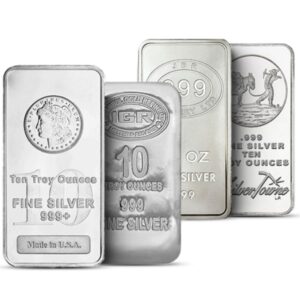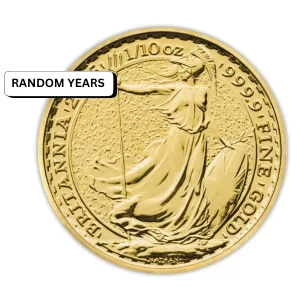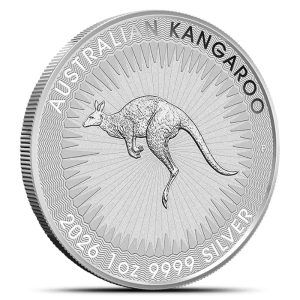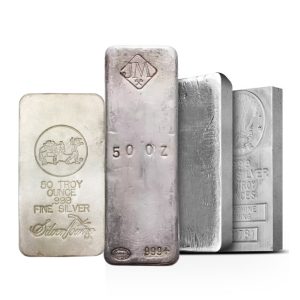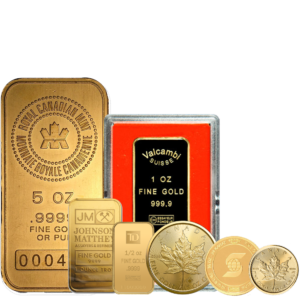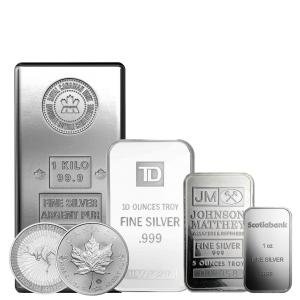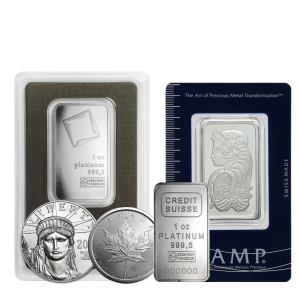What is meant by the term “recession”?
A recession is an economic downturn that lasts months or years. A recession is declared when a nation’s economy faces negative GDP, growing unemployment, dropping retail sales, and shrinking income and manufacturing. Recessions are part of the economic cycle, the regular growth and contraction of an economy. In Canada, the Bank of Canada or the minister of finance determines whether the economy has entered (or departed) a recession.
A Description of the Official Recession
The Business Cycle Council National is an arbitrator of business cycle dates in Canada. A recession is a substantial, sustained, and widespread drop in economic activity. During a recession, individuals lose their jobs and corporations generate less sales. The council looks at how much economic activity fell, how long the downturn lasted, and how widespread it was.
What are the Roots of a Recession?
A recession might originate from an economic shock or uncontrolled inflation. These factors cause recessions, An economic shock is an unexpected financial difficulty. A recent example of a quick economic shock is the coronavirus epidemic.
Excessive debt: When people or corporations take on too much debt, the cost of servicing it might escalate until they can’t pay their debts. The economy collapses as debt defaults and bankruptcies rise. The mid-2000s housing boom contributed to the Great Recession because of excessive debt.
Emotional investment leads to asset bubbles and adverse economic effects. A strong economy may make investors too hopeful. Irrational exuberance causes stock market or real estate bubbles, which may create a recession. Inflation is a gradual price increase. Overheated inflation is bad. Central banks slow the economy by raising interest rates to control inflation. The 1970s saw out-of-control inflation. The Fed raised interest rates swiftly to break the cycle, producing a recession.
Deflation might worsen a recession than inflation. Deflation causes salaries to decline, which further depresses prices. Consumers and corporations stop spending in a deflationary feedback cycle, damaging the economy. Central banks and economists have few choices to fight deflation. Japan’s 1990s deflation caused a recession.
New breakthroughs boost long-term productivity and the economy, despite short-term changes. Labor-saving technologies swept the 19th century. Industrialization made occupations obsolete, producing recessions. Analysts fear AI and automation might cause recessions by eliminating job categories.
The Business Cycle and Its Effects on Recessions
The business cycle depicts growth and recession. When the economy booms, growth begins. As lenders make borrowing easier and cheaper, more people and companies borrow. Asset prices are impacted by irrational optimism. As the growth develops, asset values and debt expand. One of the above events slows economic development throughout the cycle. The shock bursts asset bubbles, damages the stock market, and makes enormous loans unsustainable. When growth slows, recession hits.
What Makes a Depression Different from a Recession?
Depressions start similarly to recessions but are worse. Unemployment, GDP, and job losses worsen. Recoveries from depressions take years, not months. Economists have no defined depression measures. Depression has deeper, longer-lasting impacts. The Great Depression affected several countries. Jobless, starving, and homeless, millions of Canadians.
The severe economic downturn known as “The Great Depression”
1929-1933: Great Depression Canada’s GNP (public and private expenditure) fell 42% over that time. By 1933, 30% of the Canadian workforce was unemployed and 20% relied on government aid.
How Long Does a Recession Typically Last?
5 recessions hit Canada since 1970. 3–9-month recessions are typical. Recent recessions: Covid-19 (2021). Last recession was in 2020. C.D. Howe’s Business Cycle Council terminated the slump in August 2021.Downturn (2007-2009). The Great Recession was precipitated by a housing bubble. Housing boom ended as rates soared. GDP declined 3.3% in nine months due to falling exports.
Can You Anticipate an Economic Downturn?
Predicting future recessions is difficult due to unreliable economic forecasting. COVID-19 arrived out of nowhere in early 2020 and shut down the Canadian economy, causing millions to lose their employment. However, warning signs exist. Warning indicators might offer you more time to prepare for a recession.
An inverted business cycle consists of the following: The yield curve depicts the market value or yield of four-month to 30-year U.S. government bonds. When the economy is typical, bond rates should be higher. Long-term rates below short-term yields indicate recession fears. Yield curve inversion has predicted prior recessions.
A decrease in confidence among consumers: Consumption drives the economy. If consumer confidence drops, it might signal economic problems. When consumer confidence drops, consumers tell poll takers they don’t feel confident spending money; if they do, lesser spending slows the economy.
A sharp drop in the stock market’s value : Investors sell off portions or all of their assets in anticipation of an economic downturn, thus a huge, rapid decrease in stock markets might signal a recession.
Unemployment is on the rise: Losing employment is a terrible indication for the economy, duh. A few months of high job losses signal an oncoming recession, even if the government hasn’t declared one yet.
How Is the Recession Affecting Me?
- During a recession, not only are you more likely to lose your job, but it’s also tougher to get a new one.
- Stocks, bonds, real estate, and other assets may lose money in a recession, lowering your savings and disturbing your retirement plans.
- Worse, if you can’t pay your payments due to job loss, you may lose your house and other property.
- You need a higher credit score or down payment to get a loan than in normal economic times.
- If there’s a silver lining, it’s that recessions end.
 Hi,
Hi,

